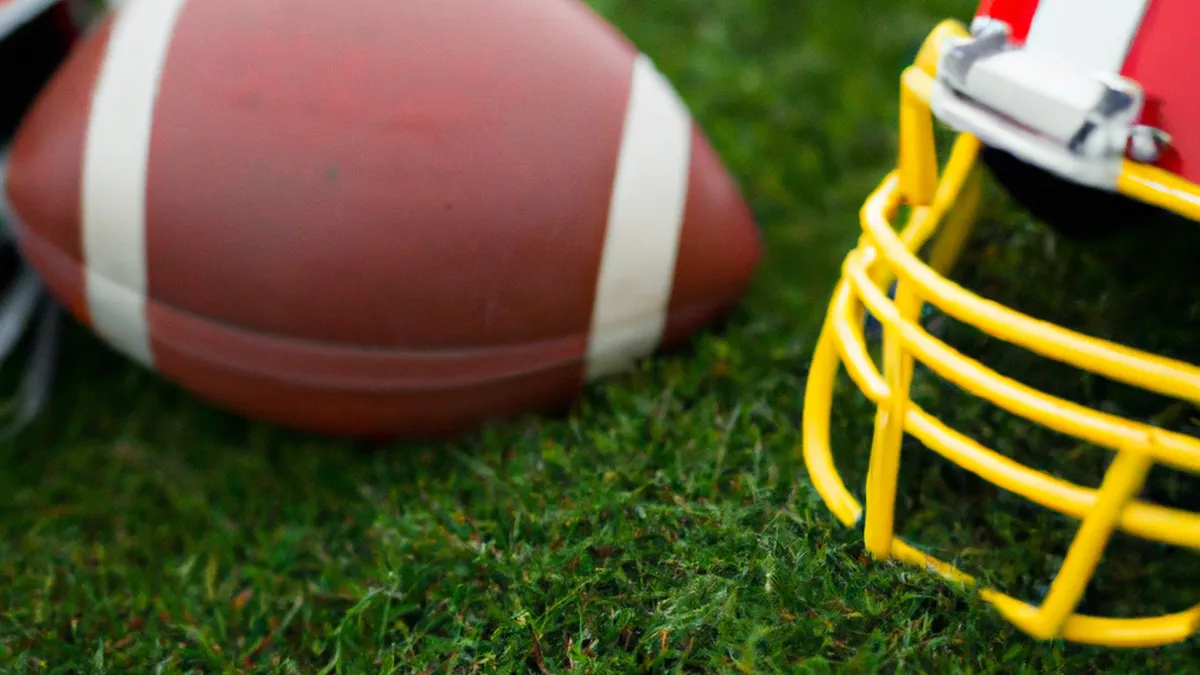Mastering the Art of Game Management
Game Management Strategies for AthletesAthletes face challenges during competitions, including pressure and physical demands. They must manage emotions, energy, and focus to perform optimally. Effective game management strategies greatly impact an athlete’s success. This post offers practical tips for enhancing performance through emotional regulation, energy management, focus maintenance, and adaptability.
Understand Your Emotions
Emotions significantly influence sports performance. Athletes often feel stress, excitement, and frustration. Recognizing and understanding these emotions is the first step to managing them.
Identify Triggers
Every athlete has emotional triggers that affect performance. Some may find tough opponents or crucial moments challenging. Identifying these triggers allows athletes to prepare mentally. For instance, if anxiety arises during pressure situations, practicing calming techniques in advance helps. Deep breathing, muscle relaxation, and visualization reduce tension and maintain focus.
Use Visualization Techniques
Visualization enhances performance by creating mental scenarios. Athletes can imagine themselves succeeding, such as scoring a goal or making a perfect play. This technique boosts confidence and reduces anxiety, reinforcing positive outcomes. Regular visualization creates a mental blueprint for success, helping athletes feel prepared.
Manage Your Energy
As an Amazon Associate I earn from qualifying purchases.
Gear tip: consider padded girdle, compression sleeves, and mindfulness journal to support this topic.
Energy management is crucial for peak performance. Athletes must balance effort and recovery to perform their best.
Develop a Game Plan
Creating a game plan helps manage energy levels effectively. Athletes should outline strategies and break them into manageable segments. This approach maintains energy throughout the game, allowing for focused efforts. For example, in basketball, set goals for each quarter or half. Pacing yourself and adjusting intensity based on the game flow prevents fatigue.
Stay Hydrated and Nourished
Physical well-being impacts performance significantly. Staying hydrated before and during the game is vital. Dehydration leads to fatigue and decreased focus. Athletes should develop a hydration strategy, consuming water or electrolyte drinks. Additionally, fueling the body with nutritious foods before competition is essential. A balanced diet rich in carbohydrates, proteins, and healthy fats provides necessary energy.
Maintain Focus
Staying focused during games is essential for success. Distractions, whether external or internal, can derail performance.
Practice Mindfulness
Mindfulness enhances focus by encouraging presence in the moment. Incorporating mindfulness techniques into practice can significantly improve concentration.
Conclusion
In summary, effective game management strategies enhance athletic performance by promoting emotional regulation, energy management, and focus maintenance.
Below are related products based on this post:
FAQ
What are effective game management strategies for athletes?
Effective game management strategies include emotional regulation, energy management, and focus maintenance. These strategies help athletes cope with pressure and physical demands during competitions, ultimately enhancing their performance.
How can athletes manage their emotions during competitions?
Athletes can manage their emotions by recognizing and understanding them, identifying triggers, and practicing calming techniques. Techniques such as deep breathing, muscle relaxation, and visualization can help reduce tension and maintain focus in high-pressure situations.
Why is energy management important for athletes?
Energy management is crucial for athletes to maintain peak performance throughout a competition. By creating a game plan and staying hydrated and nourished, athletes can balance effort and recovery, preventing fatigue and ensuring they can perform at their best.















Post Comment